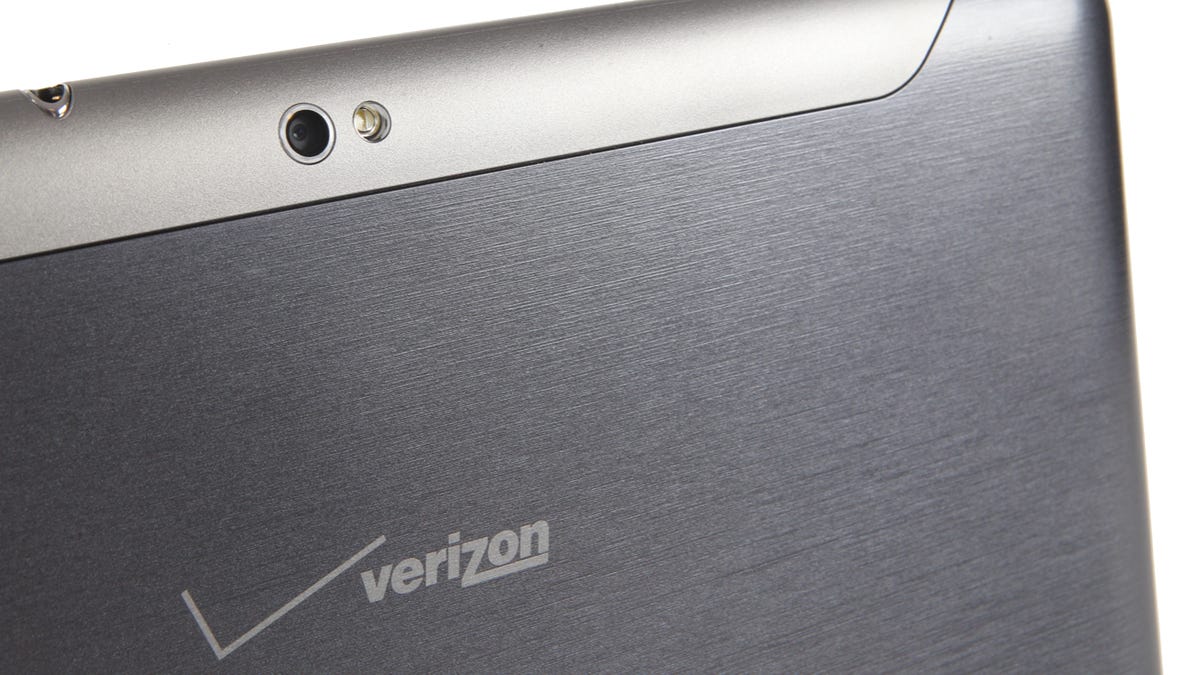Samsung tablet sales: Teeny tiny next to iPad
The consumer electronics giant appears to have peaked with the original Galaxy Tab, which is likely why it's shifting its focus to the Note line.

Samsung Electronics' total U.S. Galaxy Tab unit sales represented just 4 percent of the Apple iPad's sales, underscoring the tremendous gap between the two companies when it comes to tablets.
In total, Samsung sold 1.4 million units of its
The data is just the latest secret to be aired out in public thanks to the trial, and proves what many suspected about Samsung's tablet business: it is relatively inconsequential. In that same period, Samsung sold 21.3 million Android smartphones, an area in which it continues to lead the market.
Indeed, Samsung appears to have peaked early with the original Galaxy Tab, which benefited when it launched because it was one of the few Android tablets in the market and the only real alternative to the original iPad. In total, Samsung sold 725,000 units and generated $325 million.
Things got worse from there. The Galaxy Tab 10.1, which Apple claims looks too similar to its iPad, sold only 585,000 units, while the LTE version sold a paltry 127,000 units. While Samsung launched a few other sizes under the Tab line, their results weren't disclosed in the court documents. In total, the Tab line that was disclosed generated $644 million in revenue since late 2010, a drop in the bucket for a massive conglomerate such as Samsung.
In comparison, the iPad 2 alone sold 34 million units and generated $19.07 billion in revenue for Apple.
The weaker numbers may explain why Samsung is shifting away from even using the Tab name. In February, a Samsung executive offered up a sobering assessment of the business, admitting that the company "wasn't doing so well in the tablet market," but expressing hope that the line of Galaxy Note devices would spark some interest.
Earlier this week, Samsung launched the 10.1 version of the
The original
The figure was an unusual bit of disclosure for Samsung, since it often brags about units shipped to retailers, and not units actually sold to consumers, indicating it was serious about establishing credibility for the Note.
The Note's moderate success gives Samsung hope it can stand out even in a market that already includes low-cost devices such as Amazon's
So it's clear that while the early tablet sales were lackluster, Samsung isn't giving up on this business at all.
But it'll still likely be a long while before it catches up to Apple.

